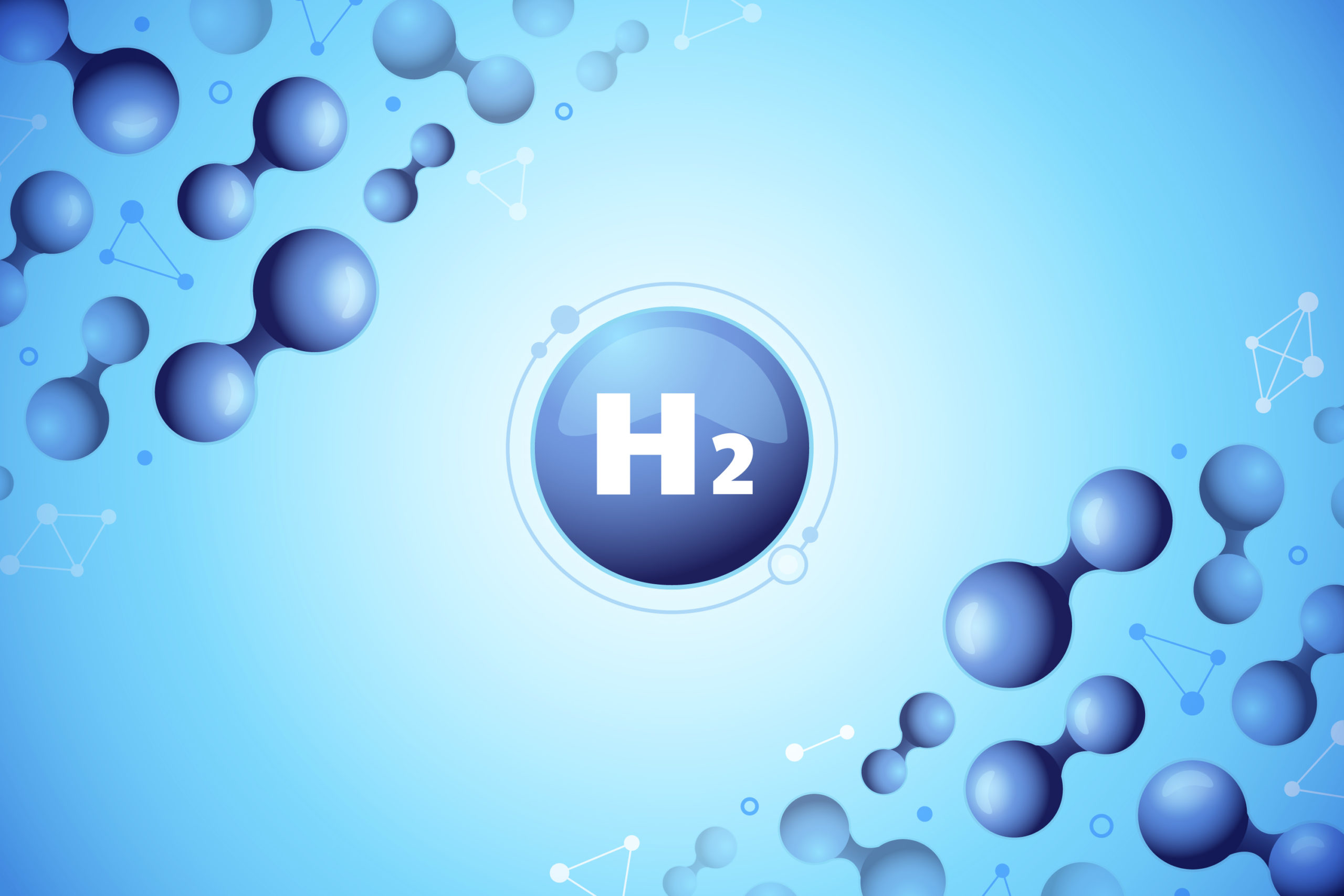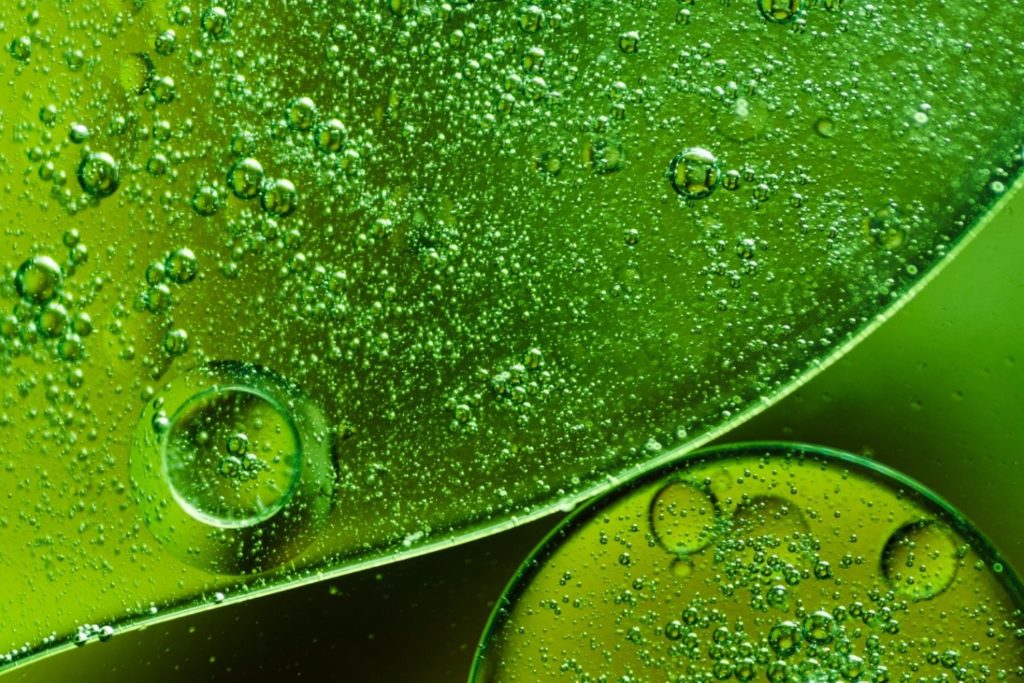
Researchers have discovered that cobalt and nickel may be essential to the manufacturing process. US scientists at the Worchester Polytechnic Institute are studying the process of producing hydrogen from urea. To this end, they have created a material consisting of nickel and cobalt atoms with precisely engineered electrical structures that may be used to extract urea from water and convert it to hydrogen gas.
What does it mean to produce hydrogen from urea, and why?
Urea is an inexpensive nitrogen fertilizer for farming. It is also an organic waste product that comes from human metabolism. According to scientists doing the investigation on hydrogen from urea production, 180 million metric tons of urea were produced worldwide in 2021 alone.
However, agricultural runoff and urea-rich urban wastewater discharge are bad for the aquatic ecology and human health because they generate hypoxic dead zones and eutrophication-causing algal blooms.
But because of its special qualities, urea might be used as a hydrogen storage medium and provide a practical on-demand hydrogen generation option. The authors used urea as an example, pointing out that it has a high hydrogen concentration (6.7% by weight), is very soluble in water, and is non-toxic. Therefore, urea electrolysis can be a more cost-effective and energy-efficient method of producing H2 than conventional water electrolysis.
The researchers can selectively oxidize urea thanks to their way of producing hydrogen.
Urea must undergo urea electrolysis in order to be converted to hydrogen. The primary barrier to hydrogen production from urea is the scarcity of readily available, extremely efficient electrocatalysts that will exclusively oxidize urea and not water.

Nevertheless, by developing electrocatalysts with distinct electronic structures made of nickel and cobalt atoms that interact synergistically, the scientists were able to solve the problems and achieve selective urea electro-oxidation.
The researchers were able to create transition metal hydroxides and oxides that could selectively oxidize urea through an electrochemical reaction by using the material they created from nickel and cobalt atoms with carefully controlled electronic structures.
Transforming energy from water
The discovery made by the researchers may prove useful in optimizing the usage of urea in waste streams for the electrolysis process of efficiently producing hydrogen. It might also be utilized to remove urea from water, which would help preserve ecological systems’ long-term sustainability and transform water energy.
The Journal of Physical Chemistry Letters published the researchers’ manuscript on their urea-based hydrogen synthesis experiment.
From: Hydrogen Fuel News

On the global scene, UH2 has established itself as a pioneer in the creation of cutting-edge green hydrogen initiatives. The company is committed to promoting decarbonization and boosting the energy transition. Discover more here!
